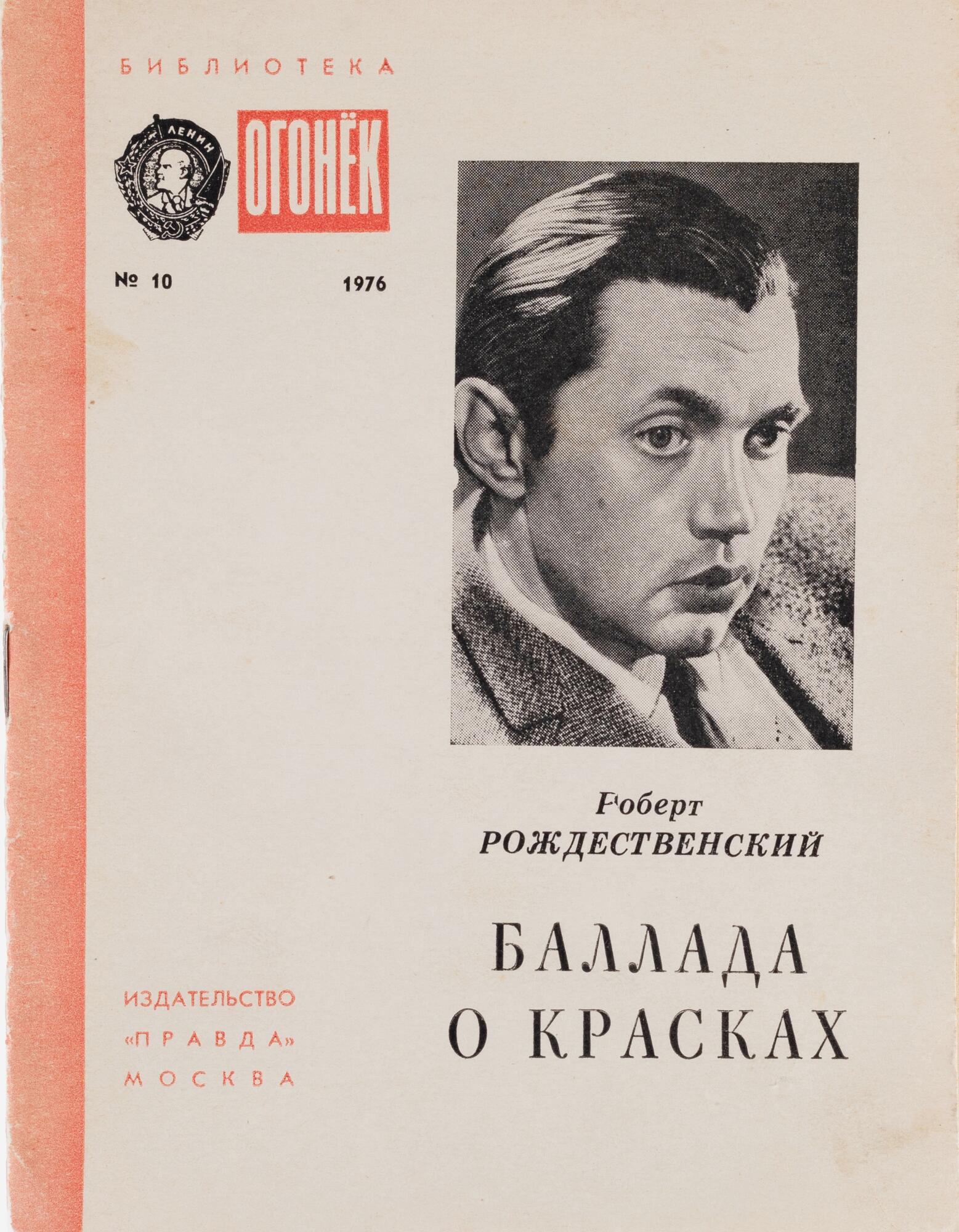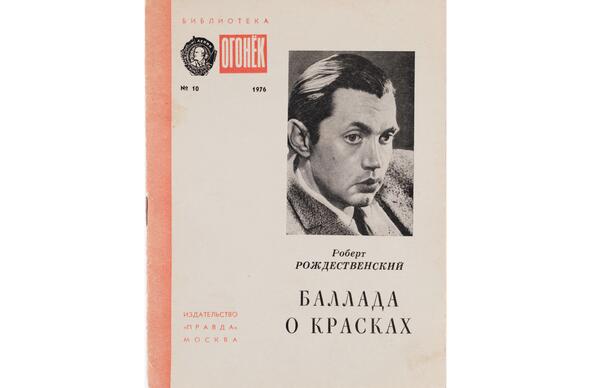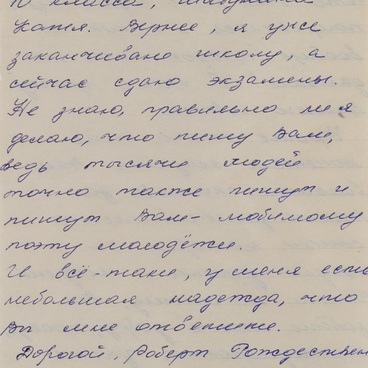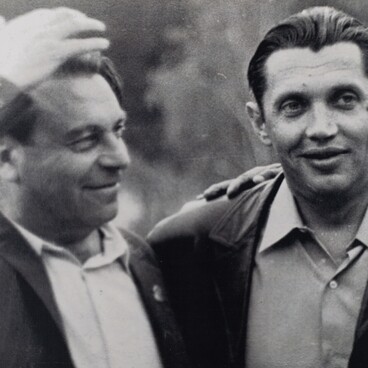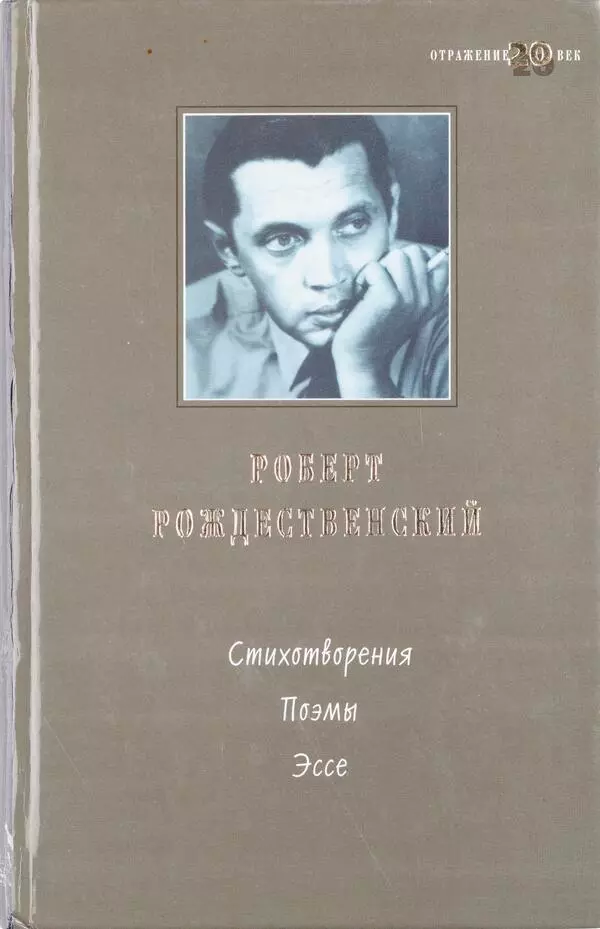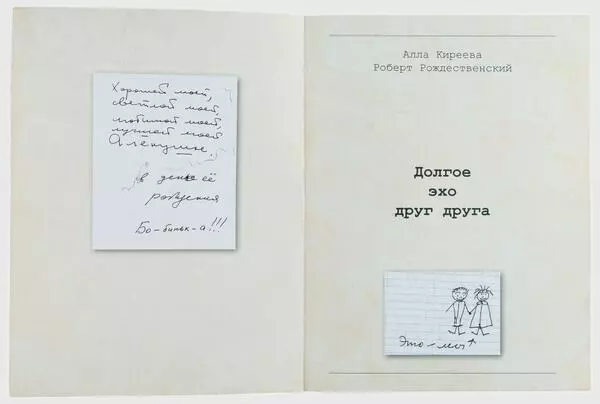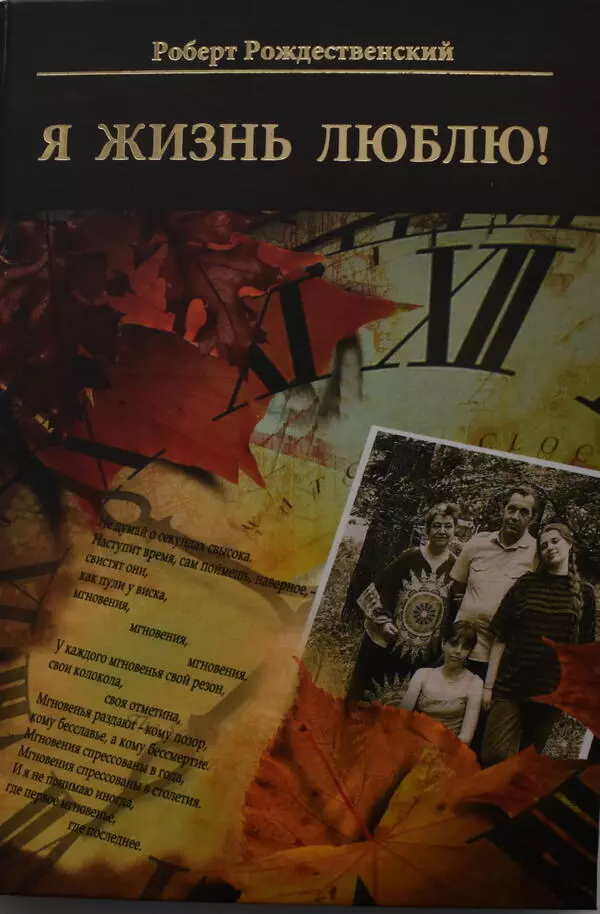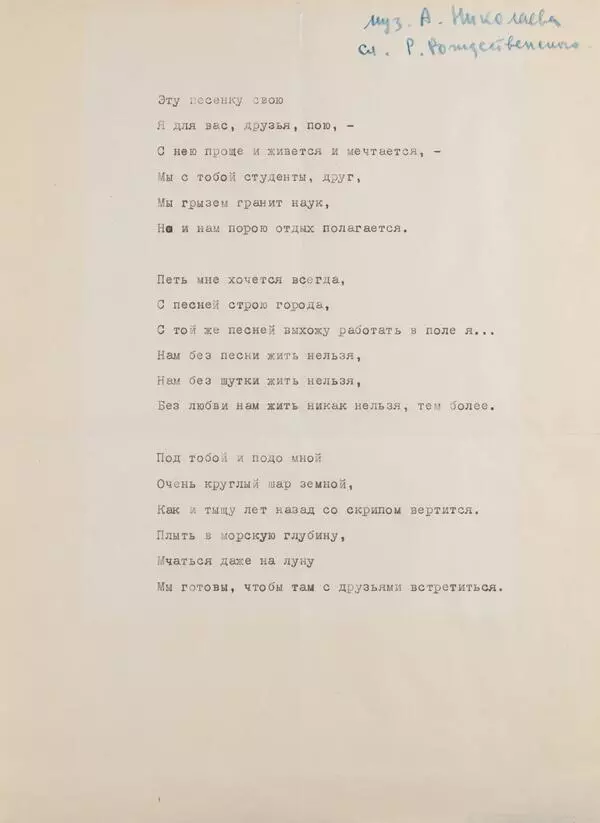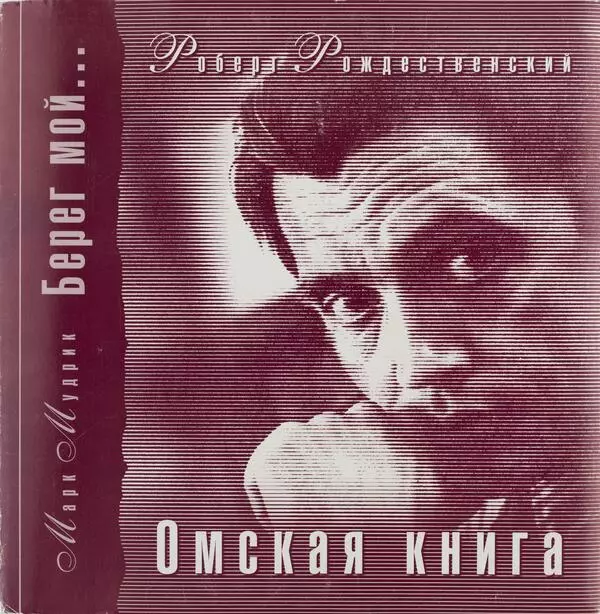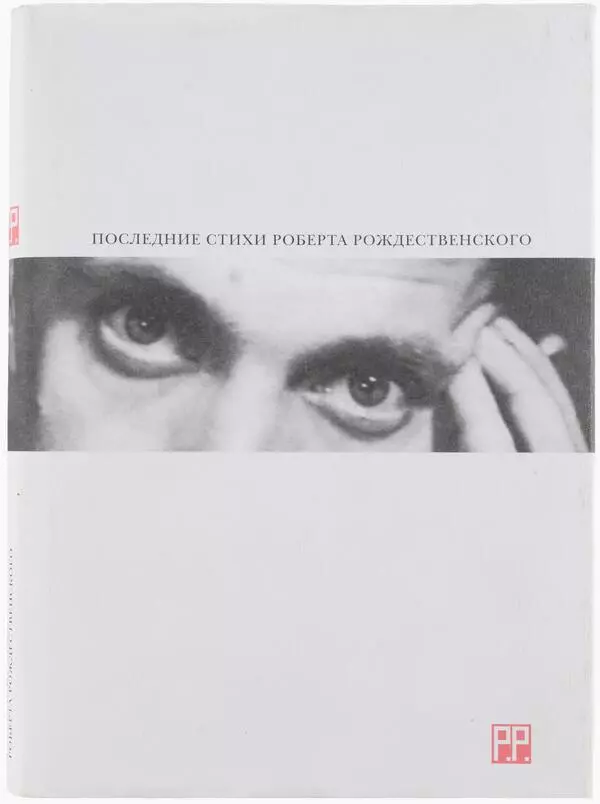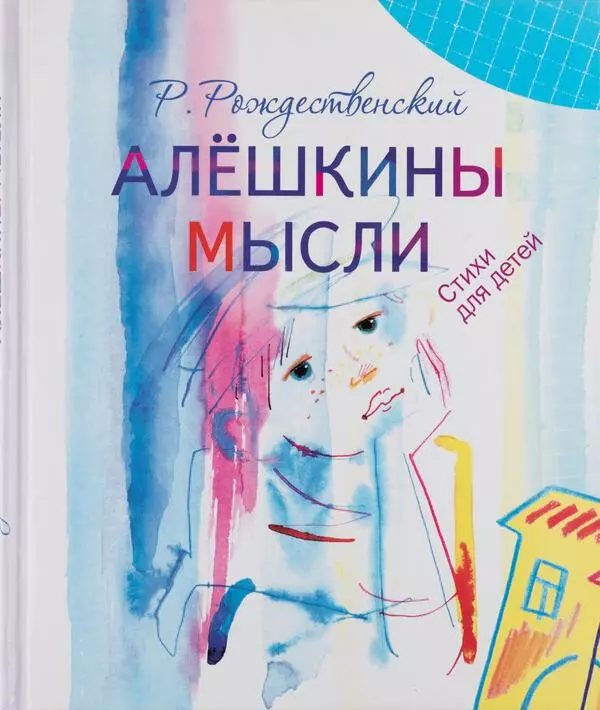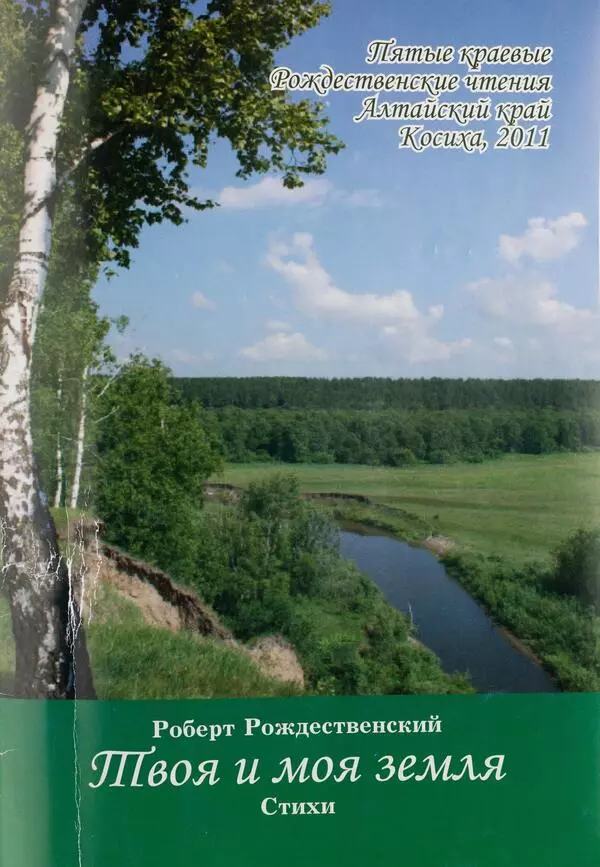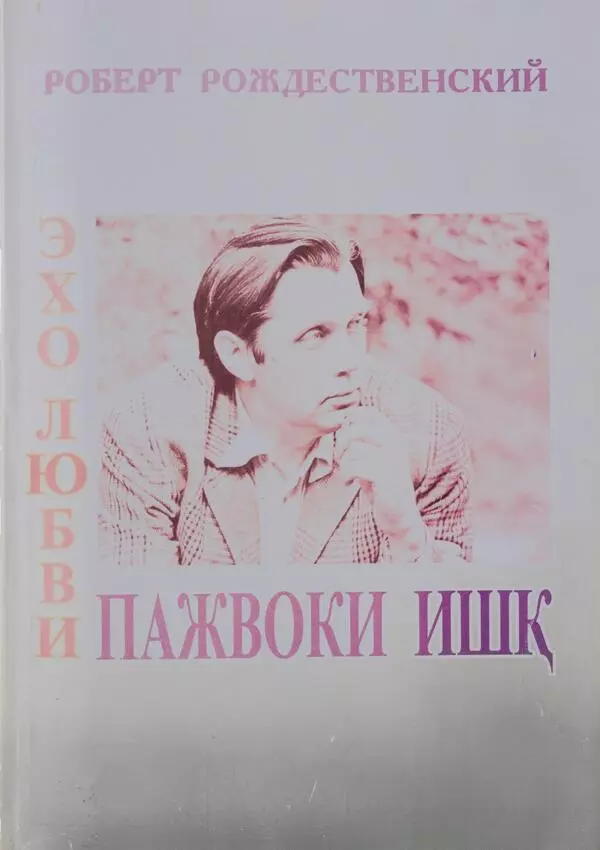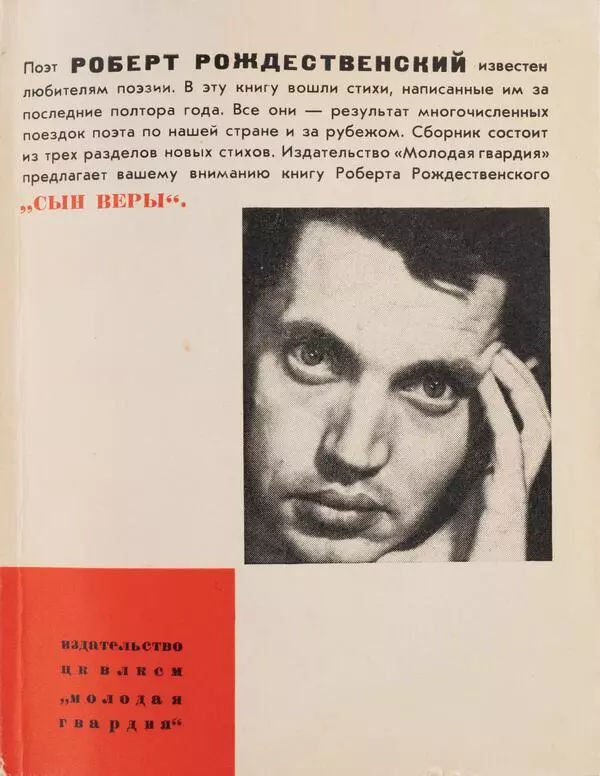Renowned songwriter Robert Rozhdestvensky rose to fame in 1966 after the release of Edmond Keosayan’s movie “The Elusive Avengers”. He composed “Lead storm is beating down” and “The crescent came” for it. The “Ballad of Colors” also became one of the poet’s most popular songs. Composer Oscar Feltsman composed the music to the verses that became very famous. For many years, the song was part of the repertoire of many artists, such as Muslim Magomaev, Lev Leshchenko, and Iosif Kobzon.
The poem itself was created no later than 1972. During this period, Rozhdestvensky, who was then 40 years old, was widely known as a co-author of many popular songs. He had several significant state awards and was preparing to publish a commemorative book of his poems of the past twenty years.
The theme of the poem conveys the great importance that the war had for Robert Rozhdestvensky in his life. The poet’s childhood fell on the years of the Great Patriotic War. His mother, a field surgeon, fought on the front line, and his father died at the front. Remembering the war, Rozhdestvensky bitterly admits in one of his poems: “I am a son of war”.
In the “Ballad of Colors”, the symbolism of color is quite fundamental. The poem begins with a humorous alliteration — a poetic device that involves repetition of identical initial consonant sounds: the color of the boy’s hair is compared with a “red pine mushroom stew” and oranges, which at that time were associated with Christmas (or a holiday) and were rarely available. Later, however, the red color acquires a completely different, joyless meaning — the boys have to encounter the “red crazy fire” of war. Therefore, the peaceful colors turn into symbols of anxiety and danger, and their hair acquired a tinge of “deadly whiteness”.
Rozhdestvensky’s wartime poems functioned as the voice for the entire generation that survived that terrible time. That is why the collection included the most significant war poems of the poet: “I’ll be up before the dawn today”, “Mamayev Kurgan” and “On the ruthlessly small Earth”. The brochure from the museum collection was published by the Moscow “Pravda” (Truth) publishing house as part of the “Ogonyok” (Twinkle) Library series in 1976. The issues were released weekly from 1925 to 1991 and were sold separately. Even during the war, the magazine did not stop working. Poems by many poets and writers, such as Mikhail Zoshchenko, Alexander Tvardovsky, Ilya Ilf and Evgeny Petrov, Alexey Tolstoy, Vladimir Mayakovsky, and Isaac Babel, were published by the magazine.
The poem itself was created no later than 1972. During this period, Rozhdestvensky, who was then 40 years old, was widely known as a co-author of many popular songs. He had several significant state awards and was preparing to publish a commemorative book of his poems of the past twenty years.
The theme of the poem conveys the great importance that the war had for Robert Rozhdestvensky in his life. The poet’s childhood fell on the years of the Great Patriotic War. His mother, a field surgeon, fought on the front line, and his father died at the front. Remembering the war, Rozhdestvensky bitterly admits in one of his poems: “I am a son of war”.
In the “Ballad of Colors”, the symbolism of color is quite fundamental. The poem begins with a humorous alliteration — a poetic device that involves repetition of identical initial consonant sounds: the color of the boy’s hair is compared with a “red pine mushroom stew” and oranges, which at that time were associated with Christmas (or a holiday) and were rarely available. Later, however, the red color acquires a completely different, joyless meaning — the boys have to encounter the “red crazy fire” of war. Therefore, the peaceful colors turn into symbols of anxiety and danger, and their hair acquired a tinge of “deadly whiteness”.
Rozhdestvensky’s wartime poems functioned as the voice for the entire generation that survived that terrible time. That is why the collection included the most significant war poems of the poet: “I’ll be up before the dawn today”, “Mamayev Kurgan” and “On the ruthlessly small Earth”. The brochure from the museum collection was published by the Moscow “Pravda” (Truth) publishing house as part of the “Ogonyok” (Twinkle) Library series in 1976. The issues were released weekly from 1925 to 1991 and were sold separately. Even during the war, the magazine did not stop working. Poems by many poets and writers, such as Mikhail Zoshchenko, Alexander Tvardovsky, Ilya Ilf and Evgeny Petrov, Alexey Tolstoy, Vladimir Mayakovsky, and Isaac Babel, were published by the magazine.
